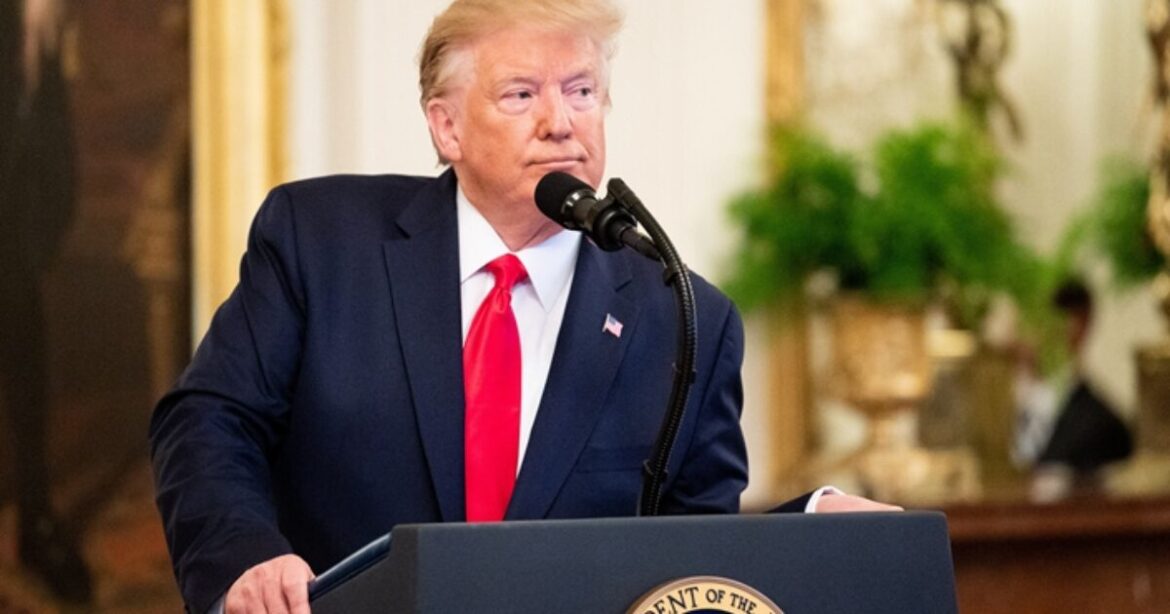In a bold shift from Washington’s war-first playbook, President Donald Trump is now openly positioning China—long seen as America’s top rival—as a peace partner in his push to end the war in Ukraine. The move is sending shockwaves through the foreign policy establishment and rattling the globalist architects of NATO’s decades-long dominance.
“It’s a natural thing to ask,” Trump said when pressed about bringing China into the peace process. “I think so, yes.”
Trump’s vision includes a 30-day ceasefire as a launchpad for broader peace negotiations. It’s a move rooted in realism, strength, and sovereignty—not endless interventionism.
Xi and Putin Signal a Shift in Global Power
Chinese President Xi Jinping, during a recent summit with Vladimir Putin in Moscow, echoed similar calls for peace and de-escalation. The two leaders emphasized eliminating the root causes of the war and rejecting NATO expansion, a sentiment central to both Russia’s and China’s worldview.
“The reasonable security concerns of all countries should be taken seriously,” Xi said. “No globalist agenda should override national sovereignty.”
Their message? The days of a unipolar, Western-dominated order are ending. In their place is a new geopolitical era—one where diplomacy isn’t dictated by D.C. bureaucrats or Brussels technocrats.
The China-Russia summit yielded nearly three dozen new agreements, strengthening their military and economic alignment. These aren’t empty gestures—they’re a direct challenge to U.S. hegemony.
A Tactical Trump Gambit: Peace Through Leverage
While Joe Biden green-lights billions more in military aid and fuels foreign escalation, Trump’s approach is surgical: end the bloodshed, restore borders, and preserve American strength through calculated diplomacy.
Even as his tariff war with China intensifies—with U.S. import duties spiking to 145% and Beijing hitting back with 125%—Trump sees strategic opportunity. “We can work something out,” he said last week, signaling openness to fair trade deals if China proves cooperative on broader global stability.
Rejecting War Profiteers, Reclaiming Sovereignty
Trump’s multipolar peace strategy cuts to the heart of the globalist military-industrial complex—the very machine that profits from perpetual war. His critics may scoff, but his supporters see clarity: Trump is fighting not just for peace in Eastern Europe, but for a new era of American-first diplomacy—strong, strategic, and untethered from endless foreign entanglements.
This isn’t appeasement. It’s power, redefined. And it could reshape the world.

